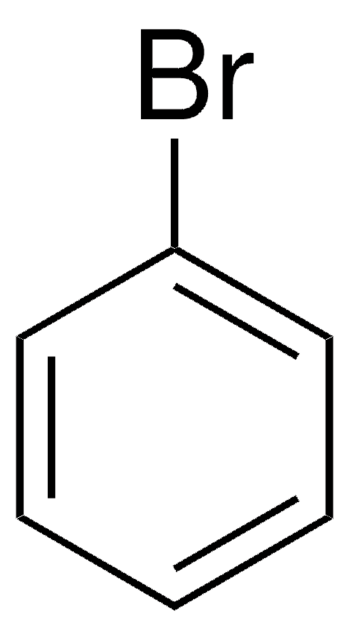254118
Magnesium
chips, 6-35 mesh, 99.98% trace metals basis
Synonym(s):
Magnesium element
About This Item
Recommended Products
vapor pressure
1 mmHg ( 621 °C)
Quality Level
Assay
99.98% trace metals basis
form
chips
autoignition temp.
950 °F
reaction suitability
reagent type: reductant
resistivity
4.46 μΩ-cm, 20°C
particle size
6-35 mesh
bp
1090 °C (lit.)
mp
648 °C (lit.)
density
1.74 g/mL at 25 °C (lit.)
SMILES string
[Mg]
InChI
1S/Mg
InChI key
FYYHWMGAXLPEAU-UHFFFAOYSA-N
Looking for similar products? Visit Product Comparison Guide
General description
Application
- Overview of advancement and development trend on magnesium alloy: This review presents global research advancements on magnesium alloys from 2013 to 2018, highlighting significant trends and developments in the field (Xu et al., 2019).
- Research advances of magnesium and magnesium alloys worldwide in 2021: The article reviews the latest research advancements in magnesium and its alloys, focusing on their applications and technological developments (Song et al., 2022).
- The role and significance of Magnesium in modern day research-A review: This comprehensive review covers the various applications and properties of magnesium, highlighting its significance in modern research and technology (Prasad et al., 2022).
Signal Word
Danger
Hazard Statements
Precautionary Statements
Hazard Classifications
Flam. Sol. 1 - Self-heat. 1 - Water-react 2
Storage Class Code
4.2 - Pyrophoric and self-heating hazardous materials
WGK
nwg
Flash Point(F)
Not applicable
Flash Point(C)
Not applicable
Personal Protective Equipment
Choose from one of the most recent versions:
Already Own This Product?
Find documentation for the products that you have recently purchased in the Document Library.
Customers Also Viewed
Articles
The price of tellurium, a key component in many thermoelectric materials, has risen in recent years, leading to the search for more cost-effective substitutes. This article presents silicide materials as a cheaper potential alternative.
In recent years, the price of tellurium, a key component in the bestperforming thermoelectric materials, has increased significantly, leading to the question, “Is it economically viable to produce thermoelectric generators on an industrial scale?
Our team of scientists has experience in all areas of research including Life Science, Material Science, Chemical Synthesis, Chromatography, Analytical and many others.
Contact Technical Service





